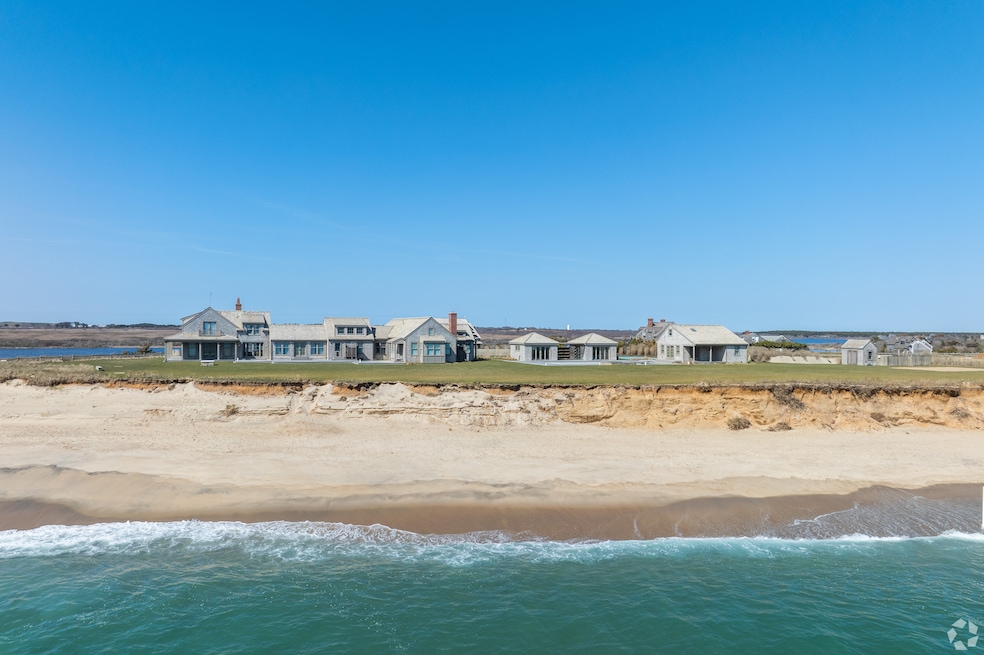Nantucket and Martha’s Vineyard, coastal islands with some of the priciest real estate in Massachusetts, are asking state legislators to let them levy transfer fees on luxury home sales to help pay for affordable housing.
The islands aren’t alone. Nineteen cities and towns from the state’s mountainous west to the Boston area have filed petitions with similar requests this year. But the issue has particular urgency on Nantucket, where the median sales price is over $3 million and above $1.5 million on Martha’s Vineyard, according to state Sen. Julian Cyr, who cosponsored a bill to allow transfer fees for both islands.
“Nowhere is the Massachusetts housing crisis more acute than in my district,” Cyr, who also represents resort towns on nearby Cape Cod, told a legislative joint committee on revenue at the state house on Tuesday.
The Nantucket fee would be on half of 1% of a home’s sale price and exempt the first $2 million. On Martha’s Vineyard, individual towns could impose up to a 2% charge on sales, with a threshold of $1 million.
Thirty-four homes sold on Nantucket in August for more than $2 million, according to Homes.com data. The buyer of a house that sold for $2.2 million would have paid a $1,000 fee, assuming the seller didn’t agree to cover the charge. The priciest home sold last month was for $26.5 million; in that case, the fee would have been $122,500.
A proposal to let cities and towns across the state levy transfer fees on high-priced homes, with the funding dedicated to affordable housing, was initially part of Massachusetts Gov. Maura Healey’s 2024 housing bond bill. But before the bill passed, the transfer fee item was stripped from the bill because of opposition from real estate organizations.
The Massachusetts Association of Realtors was one of the real estate groups that spoke against the newest transfer proposals at Tuesday’s hearing. They cited research showing that these fees hurt the housing market.
The fees "are unfair, raising the barrier to enter towns or stripping homeowners of their equity,” Coleman Lynds, the association’s government affairs manager, said at the hearing. “All these thresholds will do is increase competition for homes just below them.”
He cited research suggesting that the fees would depress home sales and that many buyers would insist that sellers pay the cost.
Transfer fee backers on the two islands noted that both have had such fees to fund land conservation since the 1980s. For instance, one was imposed earlier this year on the sale of a house on Martha’s Vineyard where former President Obama once vacationed. Jim Feiner, an agent with Feiner Real Estate on Martha’s Vineyard, told the committee he has not seen evidence that the fee has affected sales.

